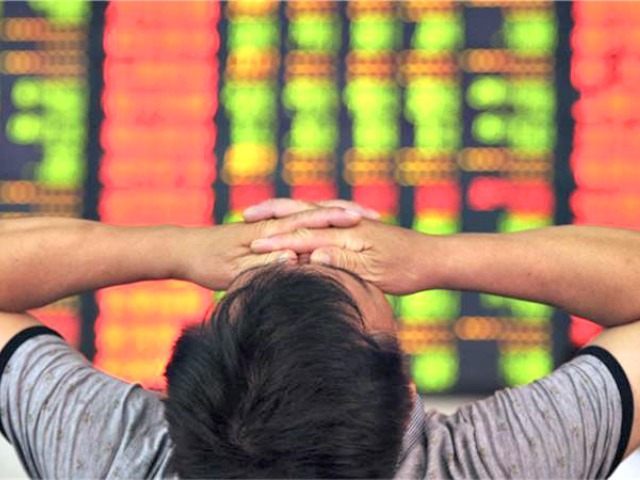Local media is reporting that Chinese nationals are selling homes to cover stock losses after China’s stock market took a 30 percent crash, and 58 percent of the nation’s 2800 issues are suspended from trading for up to six months.
Reports indicate that the crash and government mandates that have locked up $8 trillion of capital by banning all large holder selling and requiring corporations and their managers to buy shares is spilling over into the nation’s precarious real estate market according to China Daily, the Communist Party’s official mouthpiece.
The newspaper described one of the blowbacks from the stock crash is “Some investors are rushing to sell their homes or ditching plans to buy property after piling up losses when the Shanghai Composite Index went into free-fall over the past three weeks.”
Although the limited number of stocks still trading rose in the last two days by about eight percent “The rally might have come too late for those investors who have already put their homes on the market.”
Shanghai real estate agents have been reporting a big jump in the number of apartments and villas that have been put up for sale as liquidity in the stock market has evaporated and investors try to cut their losses by selling their properties.
China Daily gave examples of a number of clients from Shanghai Junda Property Services that “urgently” want to sell their homes. Many homes were bought over the last year as China’s stock market skyrocketed by over +150 percent. Instant millionaires plowed some of their stock winnings into properties, expecting the money machine to continue. But having piled up stock losses on margin and the government restricting liquidity, the new millionaires turned paupers are desperate to generate cash.
Bull Global real estate firm Colliers International calculated that as the Chinese bull market roared, high-end property prices in China’s major cities increased 17.5 percent in the first half of 2015 compared to the same period in 2014. Elite residential real estate in Shanghai was described as “extremely buoyant.” Prior to the crash, Colliers predicted that prices would rise by another 20 percent in the second half in response to government policies aimed at stimulating the property market.
The gains in high-end real estate were having a positive impact on the nation’s entire market as the China Index Academy’s survey of 100 cities recorded that the average China home price rose by +0.56 percent in June and +0.45 percent gain in May, the fastest growth in eighteen months.
The positive momentum was credited to government stimulus that in March reduced down payment levels for second home buyers to 40 percent from the previous 60 to 70 percent and cut the capital gains tax.
But homeowners that are now looking for quick sales are reported to be offering up discounts of 10 percent and willing to take “significant market losses” on multi-million dollar residences in the “swanky Shanghai’s Pudong New Area,” according to the fang.com property trading platform.

COMMENTS
Please let us know if you're having issues with commenting.